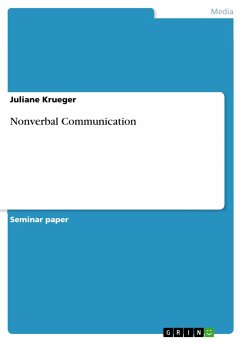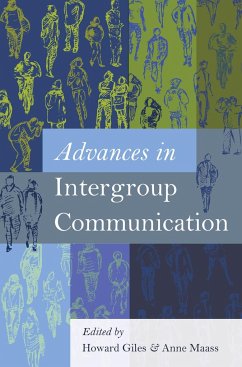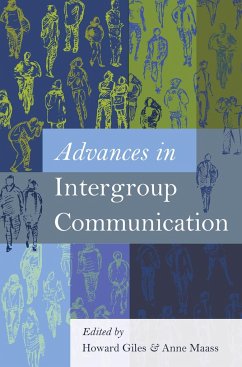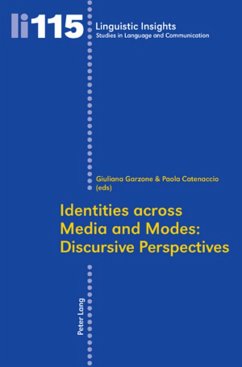
Public Perception of Mock-insults Among Northern Nigerians
Role of Gender and Level of Education
Versandkostenfrei!
Versandfertig in 6-10 Tagen
47,99 €
inkl. MwSt.

PAYBACK Punkte
24 °P sammeln!
Intercultural communication and gender sensitivity have been the core interests of sociolinguistic researchers, especially with focus on diverse perception of the recipients, and the attending peculiarities which could be gender and/or level of education. While some findings from past studies reported that females often negatively perceive mock-insults, even when it is meant to be a compliment or solidarity, others reported otherwise. On the other hand, when the interpersonal exchanges are inter-gender, there are suggestions that alleged male chauvinist beliefs are held against the women. This...
Intercultural communication and gender sensitivity have been the core interests of sociolinguistic researchers, especially with focus on diverse perception of the recipients, and the attending peculiarities which could be gender and/or level of education. While some findings from past studies reported that females often negatively perceive mock-insults, even when it is meant to be a compliment or solidarity, others reported otherwise. On the other hand, when the interpersonal exchanges are inter-gender, there are suggestions that alleged male chauvinist beliefs are held against the women. This, as reported, often occurs among women of low educational exposure. These positions brought gender and level of education as factors influencing perception of mock-insults, though with inconsistent findings, traceable to many other intervening variables. To further understand this phenomenon, this study investigates the role of gender and level of education in the perception of mock-insults, using compliments, stereotypes and embarrassment as its measuring constructs, among Fulfulde-speaking Nigerians.












